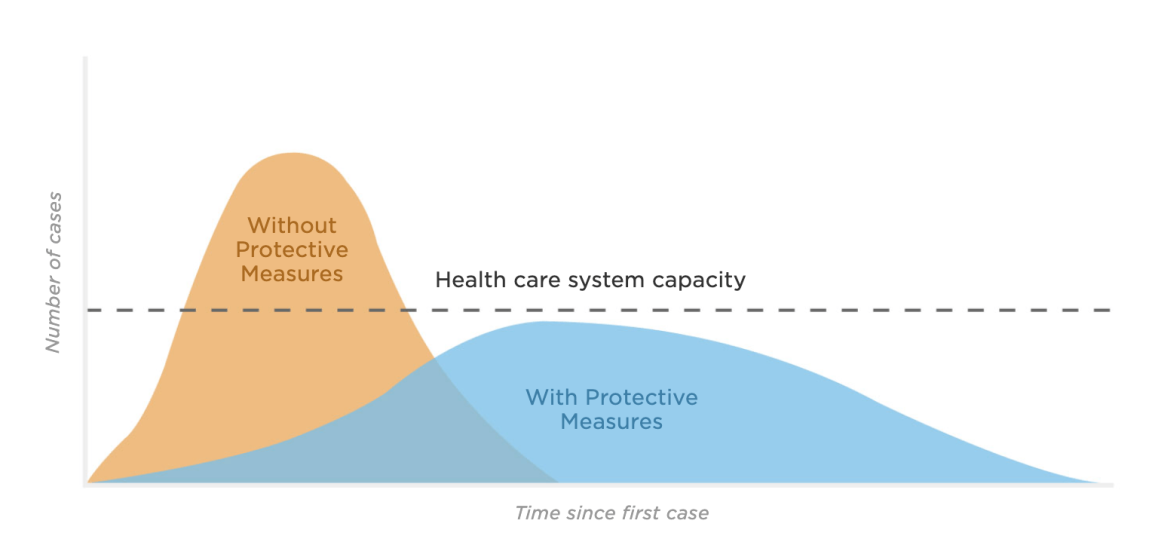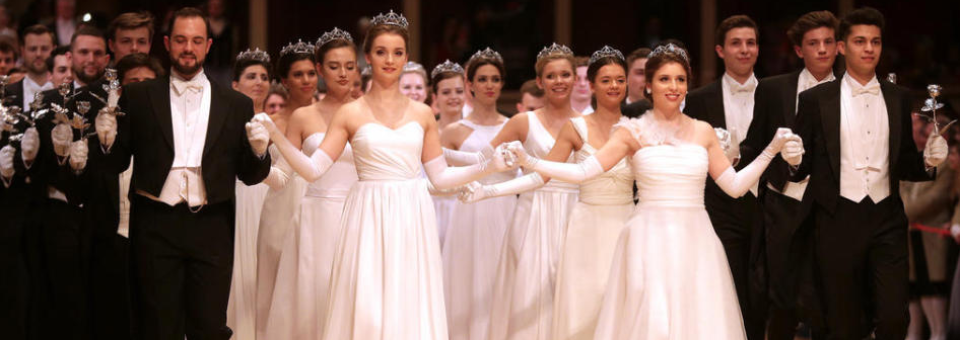The NY Times connected, if only loosely, surging populist movements in Western Europe to the election of Donald Trump in this article yesterday. While not explicitly stated, I would argue it creates the impression Trumps’s election acts as a catalyst for their cause. In my opinion, Austria’s presidential election from Sunday suggests quite the contrary may be true as well. The idiosyncratic social environment of (in particular Western) European countries and the political positioning of the political parties in questions seem to be factors substantially contributing to whether the outcome of the US presidential election supports or weakens the populist movement’s chances for success.
Critics denounce the Austrian presidential election as irrelevant and of no importance, since the president of Austria is not a “head of government” comparable to the United States or France. On the other hand, however, he is responsible to uphold the balance between the executive, legislative and judicial powers and is enabled to do so by a number of constitutional rights. Once elected, the Austrian president temporarily suspends his party membership to serve as an independent bridge builder. In other words, the Austrian president is definitely more than a figurehead or welcoming clown (the German “Gruss-August” is a frequently seen defamation of the German president who is not equipped with similar constitutional powers).
The recent Austrian presidential election last Sunday was initially supposed to take place at the beginning of May of this year. And it did. Since none of the candidates achieved the necessary absolute majority on the fist ballot, a run-off two weeks later saw the former university professor and political representative of the Green Alternative party (according to their charter driven by direct democracy, nonviolence, ecology, solidarity, feminism and self-determination), Alexander Van der Bellen, come out on the top against Norbert Hofer, candidate for the Freedom party of Austria, a national conservative, anti-immigration and Eurosceptic party.
A novelty in Austrian history, the run-off did not feature a candidate from either of the two (former) major parties, the social democratic and the people’s party, who basically led the Austrian government since the country’s inception as a republic (and do so currently). While Hofer won 50% more votes than Van der Bellen on the first ballot, the latter won the run-off by the thinnest of margins (50.35% to 49.65%) as many moderates and traditional voters of the major parties united behind the former university professor to oppose a major right shift in Austrian politics.
The results of this run-off, however, were annulled after the constitutional court of Austria found that Austrian electoral law had been disregarded by counting over 77,900 votes improperly too early, however without any indication of votes having been fraudulently manipulated. The second round re-vote was planned for October, but embarrassingly had to be postponed to December 4th 2016 due to faulty glue on the voting envelopes.
Although neither candidate was a member of either of the two reigning parties, Norbert Hofer was much more perceived as an anti-establishment candidate, in particular after Van der Bellen received endorsements by member of of both major parties. This fact, coupled with infrequent but persistent accusations of fraud had more than a few experts and many Austrians contemplate that Hofer was going to win the re-vote quite comfortably. Polls conducted after the annulling supported this stance. Then, however, things turned out quite differently from what was expected. Alexander Van der Bellen also won the second run-off and, this time around, with a margin as significant as unexpected 53.79% to 46.21%, i.e. by more than 7%.
Donald Trump did not win the US presidential election because he and his supporters mobilized voter types he was not supposed to attract. The forecasts rather got the numbers of people showing up at the urn horribly wrong. The turnout among Trump supporters was significantly underestimated whereas the opposite held true for Clinton supporters. Austrian voters, many of whom closely followed the US election, learned their lesson from the events in the US. Overall voter turnout was about 75%, a very decent outcome when compared to recent trends. In particular, better educated Austrians, the majority of which tends to vote more around and even left from the political middle are more likely to follow international news. The other force which potentially made a difference were anti-establishment protest voters getting cold feet the second time around. Without knowing the exact numbers, this could explain why the absolute number of votes Norbert Hofer received decreased, although overall voter turnout rose by 2%. These voters may haven been discouraged by the uncertainty and the controversial choices for public office in the aftermath of the Trump election.
The above mentioned NYT article lists European populists and does not differentiate between those positioned on the left from those on the right side of the political spectrum. An interesting (untested) hypothesis is that the outcome of the recent US presidential election may, however, influence populist movements in Europe differently, depending on their political position. Trump’s election may well act as a catalyst for anti-establishment movements in general. On the other hand it might induce hesitation of anti-establishment protesters to vote for the right and a higher voter turnout among liberals. As a consequence, Trump’s triumph ironically may well halt or at least slow down some of the nationalist tendencies observed in recent elections across Europe and potentially swing the pendulum towards liberals in particularly hard fought and tight elections.
Lastly, dedicated to my economist friends: To the best of my knowledge, Austria is now the first and only country ever, whose president published an article in Econometrica.

 Not only does the curve get stretched by means of social distancing but the area under the curve, i.e. the number of overall infected people, diminishes. Since I trust that you neither want to see exorbitant numbers of older people and the odd younger ones die, nor that you want to sit at home for the next fifteen years, let’s give it some effort for a change and stop spreading dubious conspiracy theories.
Not only does the curve get stretched by means of social distancing but the area under the curve, i.e. the number of overall infected people, diminishes. Since I trust that you neither want to see exorbitant numbers of older people and the odd younger ones die, nor that you want to sit at home for the next fifteen years, let’s give it some effort for a change and stop spreading dubious conspiracy theories.